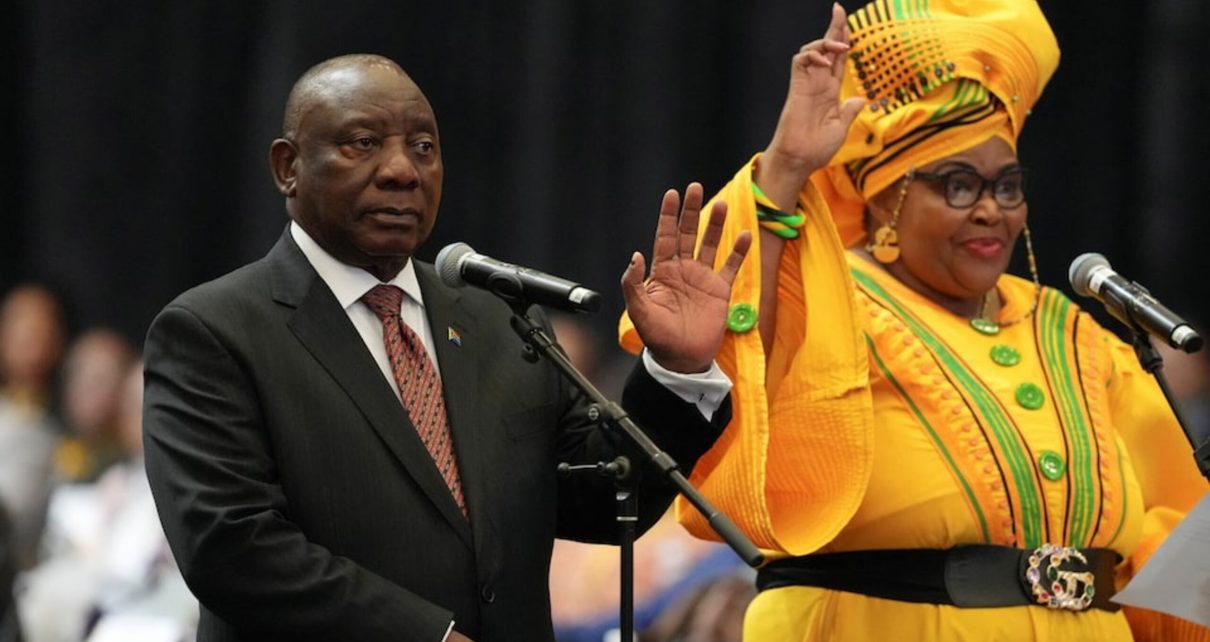In a groundbreaking development for South African politics, the African National Congress (ANC) and the Democratic Alliance (DA) have agreed to form a government of national unity. This unprecedented collaboration marks a significant departure after 30 years of ANC rule, allowing President Cyril Ramaphosa to secure a second term in office with 283 votes from lawmakers.
President Ramaphosa, addressing parliament, expressed gratitude for the opportunity to continue serving the nation amidst what he described as an era of hope and inclusivity. The alliance between the ANC and the traditionally white-led, pro-business DA represents a monumental shift since Nelson Mandela led the ANC to victory in 1994, ending apartheid.
“This collaboration among parties that were once adversaries is a new chapter for our country,” remarked DA leader John Steenhuisen, emphasising the shared commitment to prioritise South Africa’s interests and future.
The alliance became necessary after the ANC lost its majority for the first time in the May 29 election. Weeks of negotiations culminated in the historic agreement, highlighted by the election of a DA lawmaker as deputy speaker and an ANC politician as speaker in the National Assembly.
While celebrated as a move towards national unity, the alliance has not been without controversy. Opposition from parties like the Economic Freedom Fighters (EFF), accusing the DA of reinforcing white economic dominance, underscores the challenges ahead. Nonetheless, supporters of the alliance point to its potential to drive economic growth, job creation, and structural reforms outlined in a joint government programme.
Investors have welcomed the coalition, anticipating policy continuity and reform acceleration under a stable government. The exclusion of more radical parties like the EFF and uMkhonto we Sizwe (MK) from policymaking has bolstered investor confidence amidst economic uncertainties.
As South Africa navigates this new political landscape, tensions persist in regions like KwaZulu-Natal, where political rivalries and historical grievances remain potent. The exclusion of MK from provincial governance, despite electoral support, underscores the delicate balance required to maintain stability and progress in the country.
Source: Reuters



